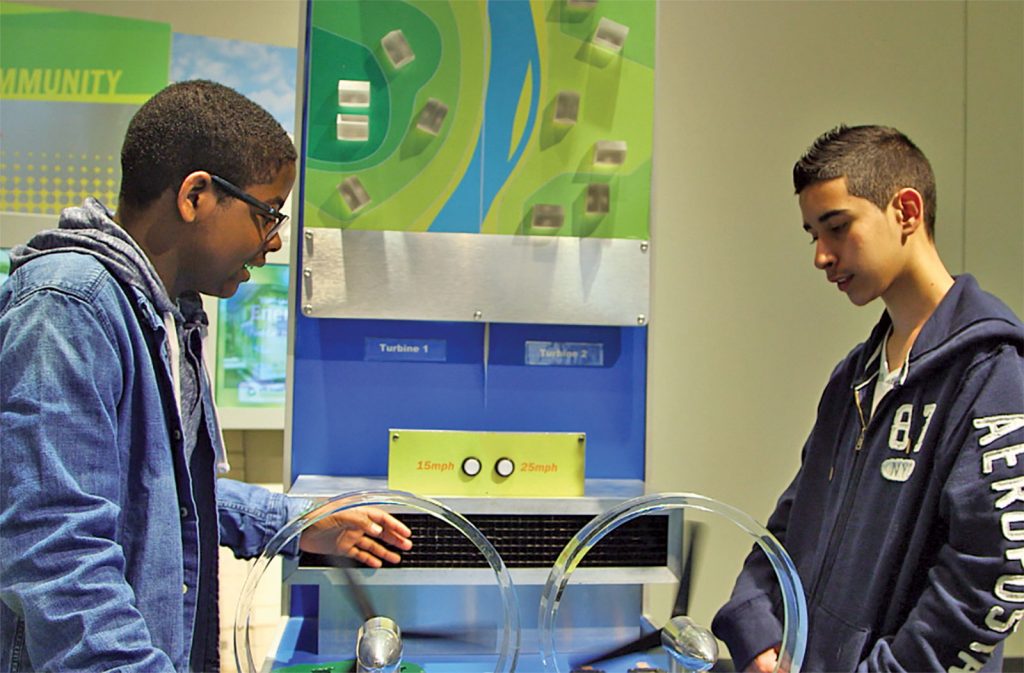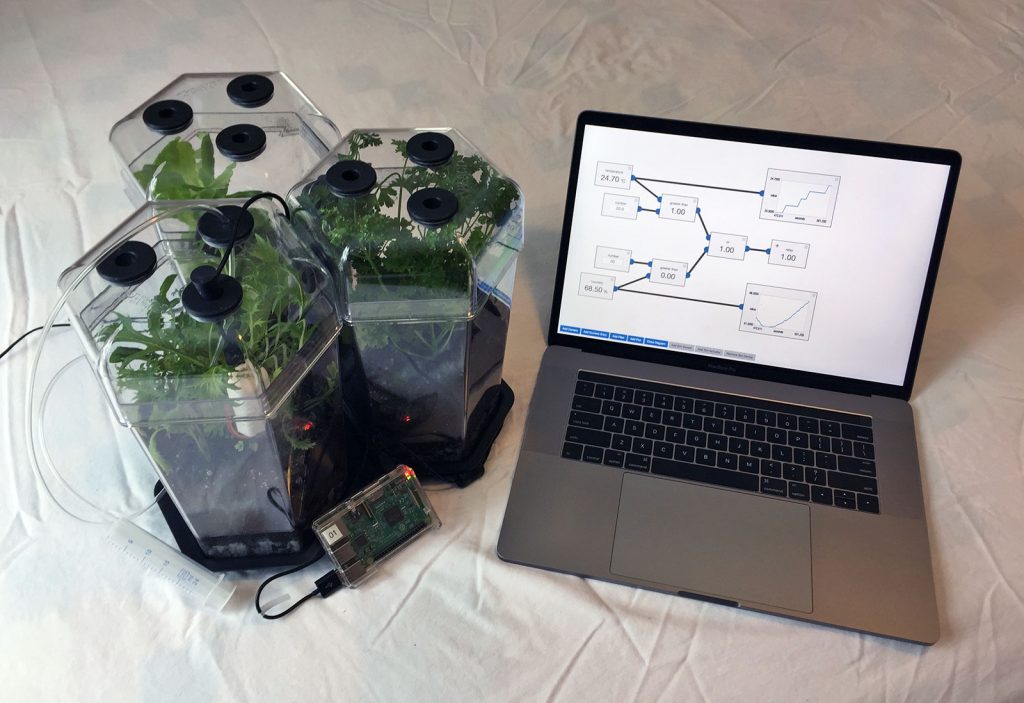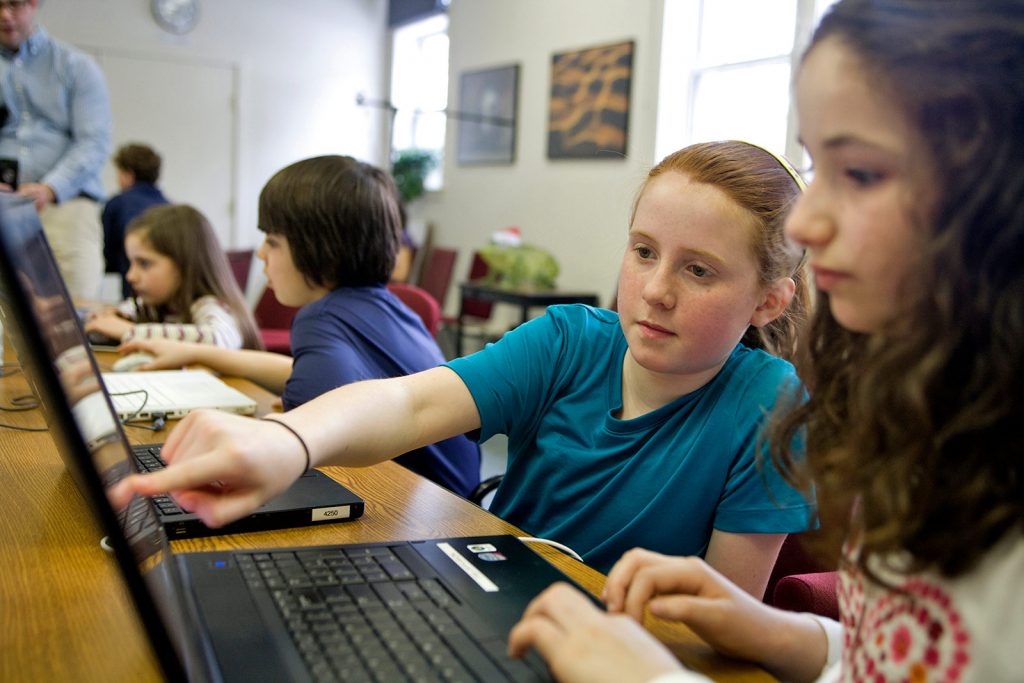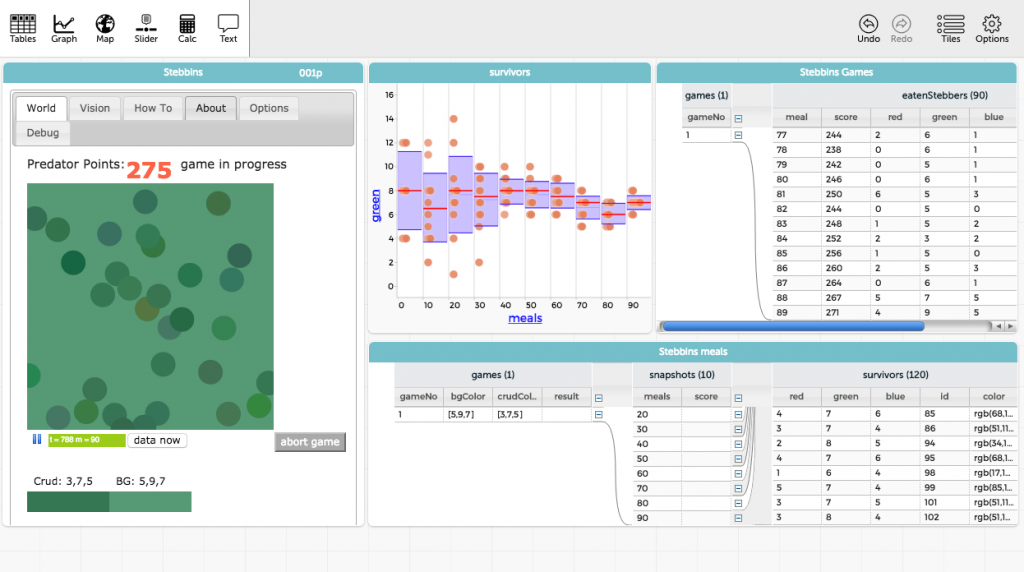Category: Tag: computational-thinking
To kick off this Everyday Inquiry with R series, I’d like to recount a conversation between my friend Eric and me about one of Americans’ favorite foods, yogurt. R is a free programming language for statistical computing and graphics, which we’re using in our new National Science Foundation-funded CodeR4MATH project to research the development of […]
Learning Everywhere explores how cutting-edge technologies and novel materials can be designed to study and better support engaging conceptual, collaborative, and tangible learning across different contexts and settings.
Integrating computational thinking into core science content and practices is a major goal of our InSPECT project, which is developing hands-on high school biology investigations using simple electronic sensors with Internet of Things (IoT) connectivity—a far cry from the simple germination experiments students usually encounter. An article in the Fall 2017 Concord Consortium newsletter (“Science Thinking […]
InSPECT is integrating novel technologies and computational thinking practices into curricular activities that allow high school students to undertake authentic and independent science investigations in biology.
Experiencing models of severe weather events allows students to monitor live radar screens and collect data as virtual thunderstorms pass through the classroom. Students will apply computational thinking skills as they create, evaluate, and combine forecast models.
All data science game scenarios follow a similar design: students take context-specific actions in the game. They store their data, organize it, analyze it, and visualize it in the surrounding CODAP environment.



